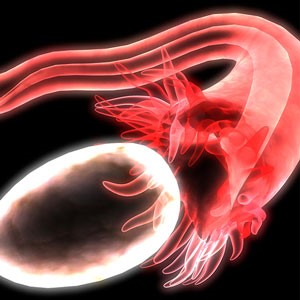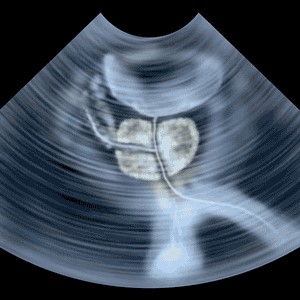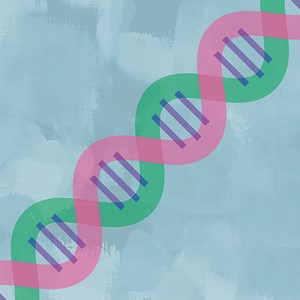-
July 30: The Week in Cancer News
Healthy lifestyle habits can reduce risk of cancer, and less treatment may be adequate for some children with ALL.
by Marci A. Landsmann
-
July 23: The Week in Cancer News
Two studies on access to opioids identify disturbing patterns, and Keytruda before and after surgery helps some breast cancer patients.
by Kevin McLaughlin
-
July 16: The Week in Cancer News
A study measures the global impact of alcohol on cancer incidence, and the FDA approves treatments for multiple myeloma and urothelial cancer.
by Bradley Jones
-
July 9: The Week in Cancer News
Study shows cancer centers can improve coordination with physicians' practices in their networks, and cancer death rates in U.S. continue to decline.
by Marci A. Landsmann
-
July 2: The Week in Cancer News
A study sheds light on the link between red meat consumption and colorectal cancer, and mRNA COVID-19 vaccines are effective in most cancer patients.
by Kevin McLaughlin
-
June 25: The Week in Cancer News
A reporter discusses the elevated risk for early-onset colorectal cancer in Black men, and a study shows that women are underrepresented in cancer clinical trials.
by Kate Yandell
-
June 18: The Week in Cancer News
A study compares the benefits of fixed doses of immunotherapy compared to weight-based doses, and the Food and Drug Administration approves a targeted therapy for a rare disorder called systemic mastocytosis.
by Bradley Jones
-
June 11: The Week in Cancer News
Triplet therapy shows promise for prostate cancer that was metastatic at diagnosis, and Americans report inadequate knowledge of palliative care.
by Marci A. Landsmann
-
June 4: The Week in Cancer News
A targeted therapy improves disease-free survival when given to people with certain hereditary mutations after breast cancer surgery, and the Food and Drug Administration approves a new lung cancer treatment targeting a mutated form of the KRAS protein.
by Kevin McLaughlin
-
May 28: The Week in Cancer News
A study finds that many people with solid tumors mount an antibody response following COVID-19 vaccination, and the Food and Drug Administration approves the first targeted therapy for a rare lung cancer subtype.
by Kate Yandell
Cancer Talk
Treatment Combination Improves Survival in EGFR-positive Lung Cancer
Adding chemotherapy to targeted therapy improves outcomes for people with advanced EGFR-positive non-small cell lung cancer.
by Sandra Gordon
Lessons From 20 Years Living With CancerMultiple myeloma survivor Jonathan Gluck reflects on uncertainty, and the scientific progress that has kept him living with cancer for more than two decades.
by Eric Fitzsimmons
The Enduring Importance of Cancer Disparities ResearchOpening session from AACR conference highlights how perseverance and adversity have informed cancer disparities research over the years.
by Eric Fitzsimmons
Most Cancer Survivors Don’t Meet Healthy Diet GoalsDespite research linking fruits and vegetables to cancer survival, many people do not change their eating habits after diagnosis.
by Darlene Dobkowski














